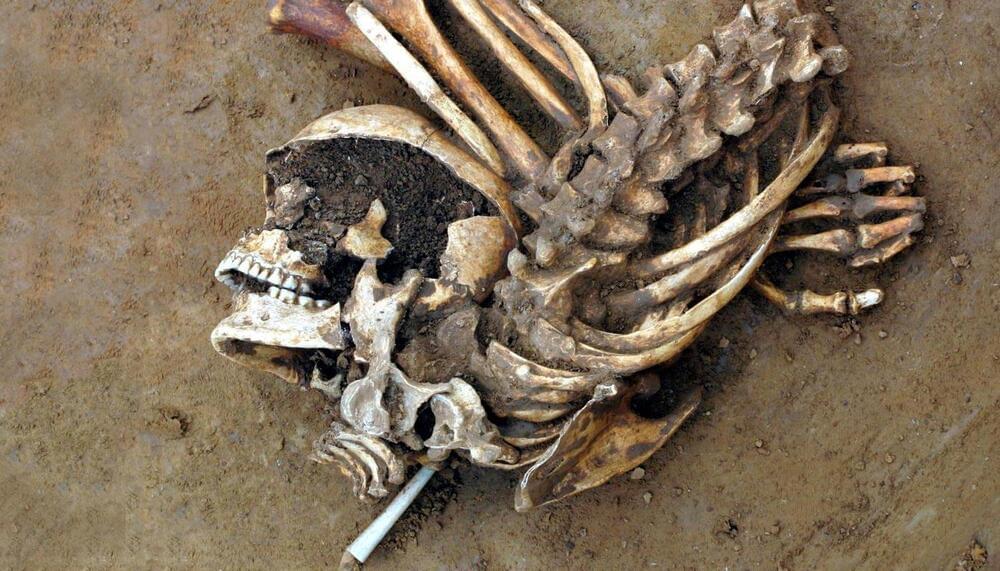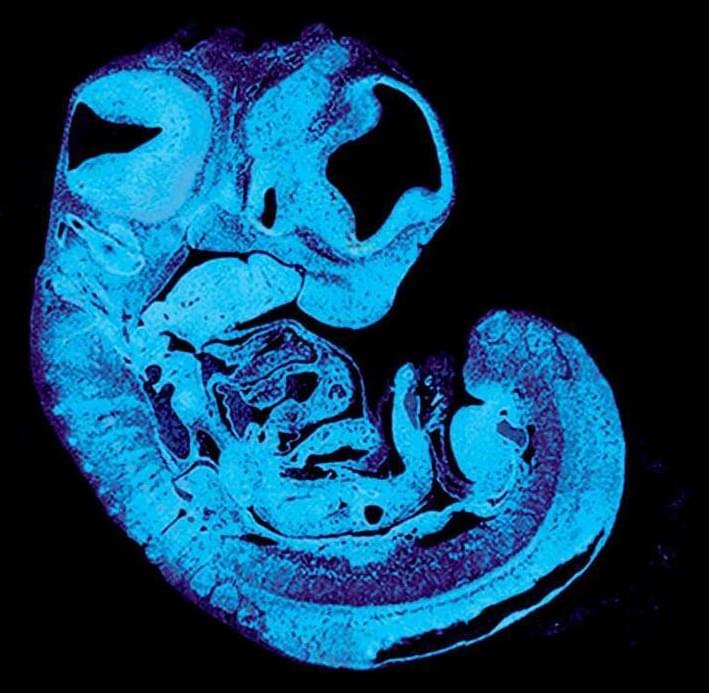Most electric pressure washers require two things tethering you to your home: a water hose and extension cord. Well, the latest Greenworks electric pressure washer ditches both of those things. While being 24V battery-powered, you’ll still get 600PSI of cleaning power. In addition to that, it has a 20-foot siphon hose that can pull its water from any fresh source, be that a bucket, lake, or something else. Right now this electric pressure washer is on sale for the first time at $144, making now a great time to pick it up. You’ll also find discounts on electric lawn mowers and much more below, as well. We also have a wide selection of Tesla, Greenworks, and other e-bike discounts in today’s New Green Deals, so you won’t want to miss that either.
Head below for other New Green Deals that we’ve found today, more on why going electric for your yard tools like the mower on sale is important, and of course Electrek’s best EV buying and leasing deals. Also, check out the new Electrek Tesla Shop for the best deals on Tesla accessories.
Amazon is offering a deal on the new Greenworks 24V 600PSI Battery-powered Electric Pressure Washer for $143.70 shipped once you clip the on-page coupon. Down from its $159 list price at Walmart, today’s deal marks the first price drop that we’ve tracked since its release earlier this month. This electric pressure washer delivers impressive power for a battery-powered option. You’ll find 600PSI and 0.8GPM available here which is more than enough to clean your home’s siding, driveway, and car. You’ll find a 5-in-1 selectable spray nozzle with 0º, 15°, 25º, 40º, and a watering option at the ready.







